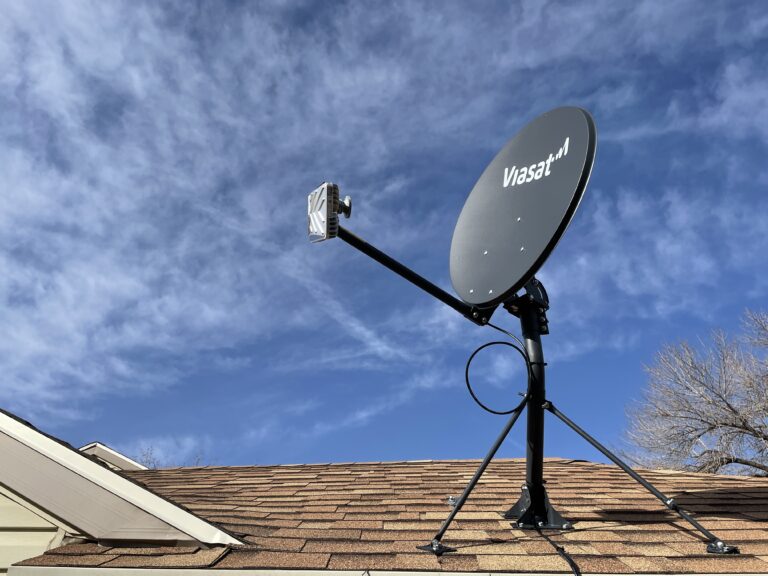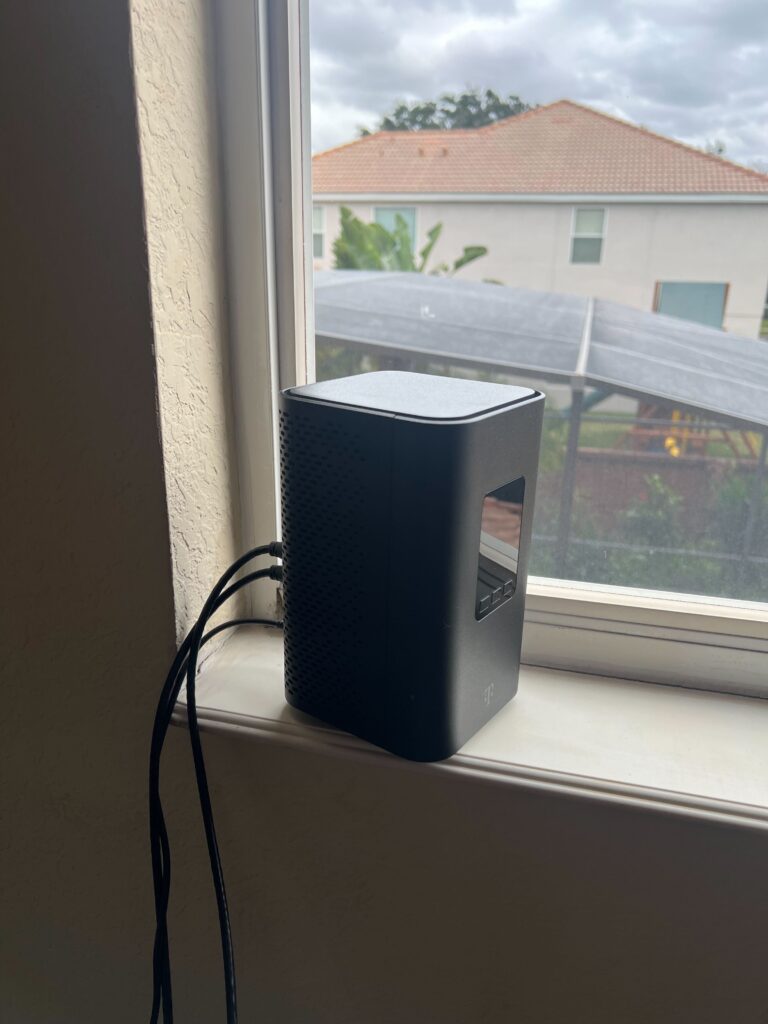Viasat has been a staple of rural internet for years. Thanks to its use of satellites, it doesn’t require any cables or other infrastructure and is available to 99% of the U.S. However, satellite internet has some issues. Namely, it can be expensive and a little slow.
5G home internet providers like T-Mobile, Verizon and AT&T offer a compelling alternative. As 5G coverage spreads, these services are reaching more rural areas, and they offer stiff competition, with faster speeds, unlimited data, and very low prices.
How do Viasat and T-Mobile Home Internet compare? In this article, we’ll run through all the details and find out exactly which one is right for you.


